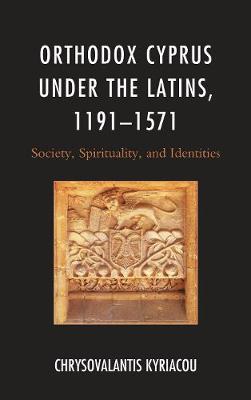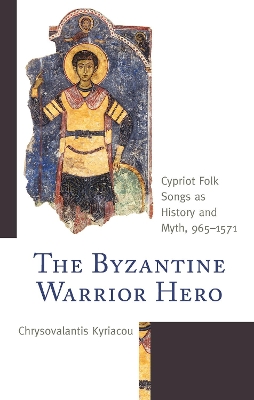Byzantium: A European Empire and Its Legacy
2 total works
Chrysovalantis Kyriacou examines how memories of the pre-Christian past, Christian militarism, power struggles, and ethnoreligious encounters have left their long-term imprint on Cypriot culture. One of the most impressive examples of this phenomenon is the preservation and transformative adaptation of Byzantine heroic themes, motifs, and symbols in Cypriot folk songs. By combining a variety of written sources and archaeological material in his interdisciplinary examination, the author reconstructs the image of the Byzantine warrior hero in the songs, recovering the mentalities of overshadowed social protagonists and stressing the role of subaltern communities as active agents in the shaping of history.

